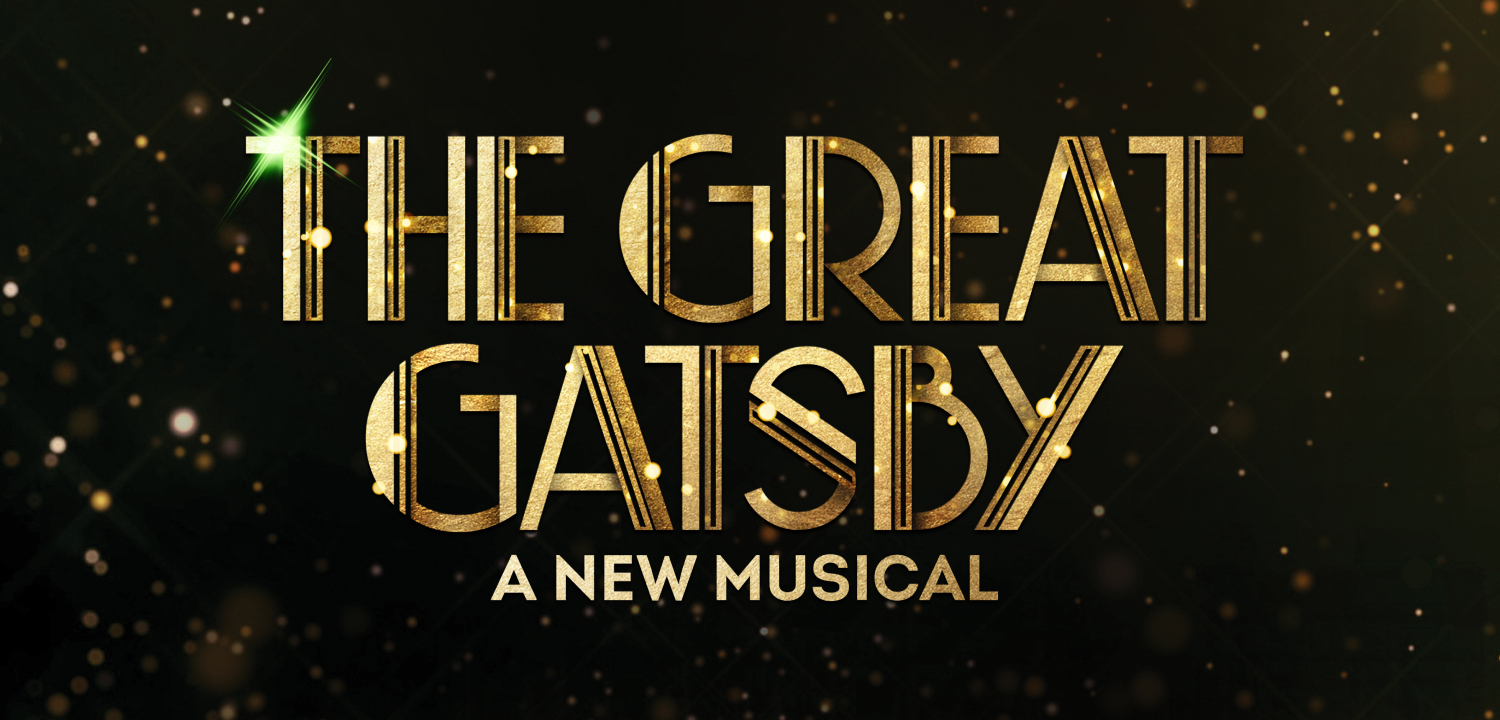Supreme Court Petition Filed by Garth Drabinsky in Dispute with Actors' Equity Association
Prominent producer Garth Drabinsky seeks review of labor exemption ruling, challenging union's boycott under federal antitrust laws.
Garth Drabinsky, the Broadway producer known for Ragtime, Show Boat, and Paradise Square, has taken his case to the U.S. Supreme Court, petitioning for a review of his ongoing legal dispute with the Actors' Equity Association (Equity). BroadwayWorld reported this summer that Drabinsky’s previous attempt to reopen the case was denied. Initially filed in 2022, the lawsuit accuses Equity of unlawfully blacklisting Drabinsky by placing him on its "Do Not Work" list, effectively barring him from producing union-affiliated projects in theater, film, and television.
Drabinsky argues that Equity’s rationale for the blacklisting - that he breached their collective bargaining agreement (CBA) - is unfounded, as he was not a signatory to the agreement. In his petition, he asserts that this misrepresentation undermines Equity’s claim of acting in legitimate self-interest, a requirement under federal antitrust laws. He points to two landmark cases - H.A. Artists & Associates, Inc. v. Actors’ Equity Association (1981) and American Federation of Musicians v. Carroll (1968) - arguing that the recent appellate decision in his case misinterprets these precedents and improperly resolved factual issues without a full hearing.
The petition highlights the lower courts' findings that Drabinsky allegedly controlled aspects of the production such as hiring, firing, and payroll decisions - a conclusion based on inferred control rather than documented evidence, which Drabinsky asserts should not have been made at the pleading stage. The panel’s decision to dismiss his claims without further factual examination, he contends, violates established precedent by allowing unions to evade antitrust laws without rigorous review.
Following disputes with Equity and other unions over alleged unpaid wages and benefits on Paradise Square, Drabinsky initially sought $50 million in damages for defamation and future financial losses due to his placement on the list. He later amended the lawsuit to include antitrust claims, arguing that Equity’s conduct constituted an illegal boycott intended to suppress his future professional prospects.
Drabinsky’s Supreme Court petition asks whether labor unions should be granted blanket immunity from antitrust scrutiny under the statutory labor exemption, especially when alleged misconduct is based on demonstrably false grounds. If granted, a Supreme Court review could clarify the limits of union power under federal antitrust law and significantly impact labor relations in the entertainment industry.

Videos


